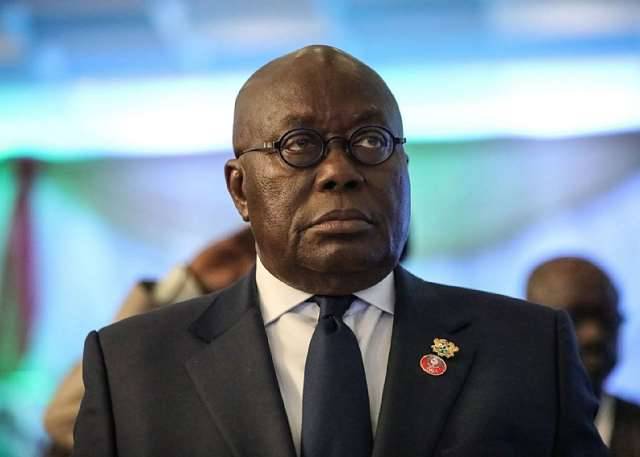âš–ï¸ Akufo-Addo’s Legacy: Hero or Villain in Ghana’s History?
When Nana Addo Dankwa Akufo-Addo assumed the presidency in January 2017, hopes soared. The lawyer-turned-politician promised a “Ghana Beyond Aidâ€, a digitized economy, and an industrial renaissance. Eight years later, his tenure remains one of Ghana’s most debated political chapters—praised for reforms and castigated for crises. Is Akufo-Addo a national hero or a cautionary tale?
✅ The Case for Heroism
1. Education Transformation
Free Senior High School (Free SHS) remains Akufo-Addo’s most enduring achievement. Launched in 2017, it significantly expanded access to secondary education, benefiting over 1.6 million students and earning global praise for equity in education. For many families, this policy broke financial barriers and reshaped aspirations.
2. Digital Revolution
Akufo-Addo’s administration pushed an ambitious digitalization agenda under Vice President Mahamudu Bawumia: the Ghana Card, digital property addressing, e-payment systems for government services, and mobile money interoperability. These reforms modernized public services and positioned Ghana as a regional leader in e-governance.
3. Industrialization Initiatives
The “One District, One Factory†program aimed to spur manufacturing and job creation. While implementation faced hurdles, it delivered dozens of operational factories and increased interest in local value addition.
4. Infrastructure & Health
Projects such as the Tema Motorway Interchange, new regional hospitals, and health interventions during COVID-19 reinforced his image as a development-focused leader.
⌠The Case for Villainy
1. Economic Meltdown
By his second term, Akufo-Addo presided over one of Ghana’s worst economic crises in decades. Public debt soared beyond 90% of GDP, inflation peaked above 50%, and the cedi depreciated sharply. The much-touted “Ghana Beyond Aid†dream crumbled as his government turned to the IMF in 2022 for a $3 billion bailout. Critics argue fiscal indiscipline, excessive borrowing for flagship projects, and poor expenditure controls triggered the collapse.
2. Corruption and Governance Concerns
Despite pledges to protect the public purse, high-profile scandals—such as the “PDS deal,†alleged procurement breaches, and perceived shielding of allies—tarnished his anti-corruption stance. Civil society groups accused him of weakening accountability institutions.
3. Galamsey and Environmental Degradation
Akufo-Addo vowed to end illegal mining (galamsey), yet widespread destruction of rivers and forests persisted under his watch. Allegations that political operatives benefited from the galamsey economy further damaged his credibility.
4. Democratic Image Dents
Incidents like the 2021 parliamentary chaos over the e-levy and heavy-handed security responses to protests raised concerns about shrinking civic space under his leadership.
📜 Verdict: Mixed Legacy
Akufo-Addo will be remembered as a visionary who expanded education and digitization but also as a leader whose economic mismanagement and governance failures plunged Ghana into crisis. For some, he is a hero of social progress; for others, a villain of fiscal recklessness.
History’s judgment may ultimately rest on whether future administrations build on his reforms or spend decades repairing the financial scars of his governance.




No comments yet
Be the first to share your thoughts!